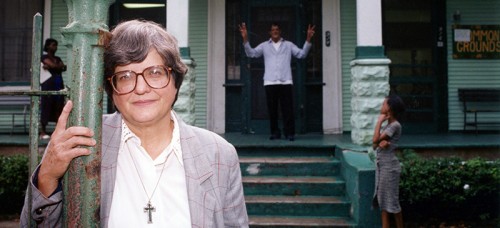
Two years after the photos flooded media worldwide, a jury in a non-death penalty state must decide whether Dzhokhar Tsarnaev, the 21-year-old responsible for the Boston Marathon bombings, should be given the death penalty.
As debates about capital punishment resurface in the media, Sr. Helen Prejean, a famed activist against the death penalty, continues to speak on campus this week about issues of incarceration and Death Row as part of her mission to “wake up” Americans and end the practice.
Prejean is known for her famed book “Dead Man Walking” that was adapted to film in 1995. What began as written correspondences between Death Row inmates in the 1980s became a 30-year project fighting for the abolition of the death penalty.
Her papers, including letters from inmates, photographs and drafts of her book, are stored in the DePaul Library’s Special Collections and Archives.
“My annual visits to DePaul have become a very special part of my year,” Prejean said in a DePaul press release.
“Because I have dedicated my life to working with poor people and with people who are outcast, I feel right at home coming to this center of the Vincentian values of service to the disadvantaged and appreciation for the dignity of each and every person,” Prejean said.
Prejean said the current case in Boston is similar to other cases she’s worked with.
“It boils down to this: That no human being can ever be identified completely with the worst act of their life,” Prejean said. “Life is fluid. There’s a transcendence in us. We can change.”
More than 260 people were injured and three killed in the April 2013 bombings at the Boston Marathon. Tsarnaev and his older brother, Tamerlan, planted the bombs and fled, which led to a police chase that ended in the deaths of a police officer and the older Tsarnaev.
Jurors convicted the younger Tsarnaev of all 30 charges, 17 of which can be used for the death penalty. Massachusetts outlawed the death penalty in 1984, but the case has been moved to the federal level to be tried as a death penalty case. Emotional testimonies from 17 witnesses have been heard in the last three days after already six weeks of hearings, and the trial will continue through this week.
“To punish people for crimes is one thing, to take away their life, and to feel you have the authority to know when you can make (that) decision is arrogant, really,” Prejean said.
She said imprisonment for life wouldn’t excuse Tsarnaev from his actions.
“Dzhokhar was guilty of killing innocent people,” Prejean said. “So to bring to him the effects of his actions is just part of what justice is.”
DePaul senior Estelle de Vendegies heard Prejean speak last week and felt affirmed in her stance against the death penalty.
“My opinion yet is not fully formed,” de Vendegies said. “Initially I want to say no, (the death penalty) doesn’t provide peace that some people say it does.” In the end de Vendegies said, “we’re debating whether or not to take someone’s life. I think it’s sick and twisted.”
Prejean said public opinion of the death penalty is changing largely because pharmaceutical companies are withdrawing their products that are used for executions.
Earlier this year, Akorn, a company that manufactures a drug used in lethal injections, midazolam, said in a statement that it would no longer sell its product to prisons to be used for capital punishment.
Drug companies may have an effect on public opinion, but the debate still does not split 50-50. According to the Pew Research Center, a majority of Americans (56 percent) support the death penalty.
According to the March 2015 survey, 38 percent of Americans overall are opposed to the death penalty. Six percent more of Americans (62 percent) supported the death penalty in 2011, and in 1996, as much as 78 percent were in favor of it.
The numbers differed when the death penalty was applied to cases of murder, in which 63 percent found the death penalty morally justified. Only 35 percent of Americans thought the death penalty deterred serious crime.
“People (who are for the death penalty) use more economic reasoning, like that it costs more to imprison someone for their whole life,” de Vendegies said. “For (Prejean,) (the death penalty) is a loss of potential. These are things you can’t explain to everyone. People want those cold hard facts.”
Prejean said the death penalty is not only inhumane to inmates, but that it also has a negative effect on the families who have to relive the trauma through the additional trial and appeals.
The Richard family, who lost their 8-year-old son Martin in the Boston Marathon bombings, wanted to end the ordeal once and for all.
“We know that the government has its reasons for seeking the death penalty, but the continued pursuit of that punishment could bring years of appeals and prolong reliving the most painful day of our lives,” the family said in a letter to the Boston Globe.
Yet some families, like Liz Norden whose two adult sons each lost a leg in the bombings, said her family deserves justice.
“(Tsarnaev) destroyed so many families that day,” Norden told the Associated Press. “I want the ultimate justice.”
A factor that will play into Tsarnaev’s sentence is his age, Prejean said.
“You expect young people to do stupid things,” Prejean said. “When you kill someone, you are bascially saying ‘you are so corrupt and evil, you can never change, we are going to end your life now.’”
DePaul history education major Samantha Gonzales worked with Prejean’s papers last year for a history project. After reading letters from the families of victims of death row inmates, Gonzales said she thought most of the opinions were based on emotional rhetoric instead of empirical evidence.
“I’m always going to be against (the death penalty), even though (Tsarnaev) took that many lives,” Gonzales said. “Killing him (with the death penalty) might be an easy way out for him instead of seeing all the stuff he’s done. It would be better to keep him in jail for life.”
Prejean said the death penalty is symbolic in the U.S. system of justice, where pain and punishment are emphasized as means for justice.
“What we always say is we’re going to do this for victims’ families,” Prejean said. “I think (the government) does it out of that feeling of necessity, that we must do this or we will look callous or that we don’t care about the victims’ families. Once it’s off the table you just don’t have it as an option and you’ll spare everybody,”
Moving forward in the case, Prejean said the defense will have to appeal to each of the jurors as individuals.
“(The defense) is going to say to each and every one of (the jurors), ‘you have the power in your hands to save this man’s life.’” Prejean said. “’If you don’t vote for death he is going to live. Each one of you. It only takes one.’”







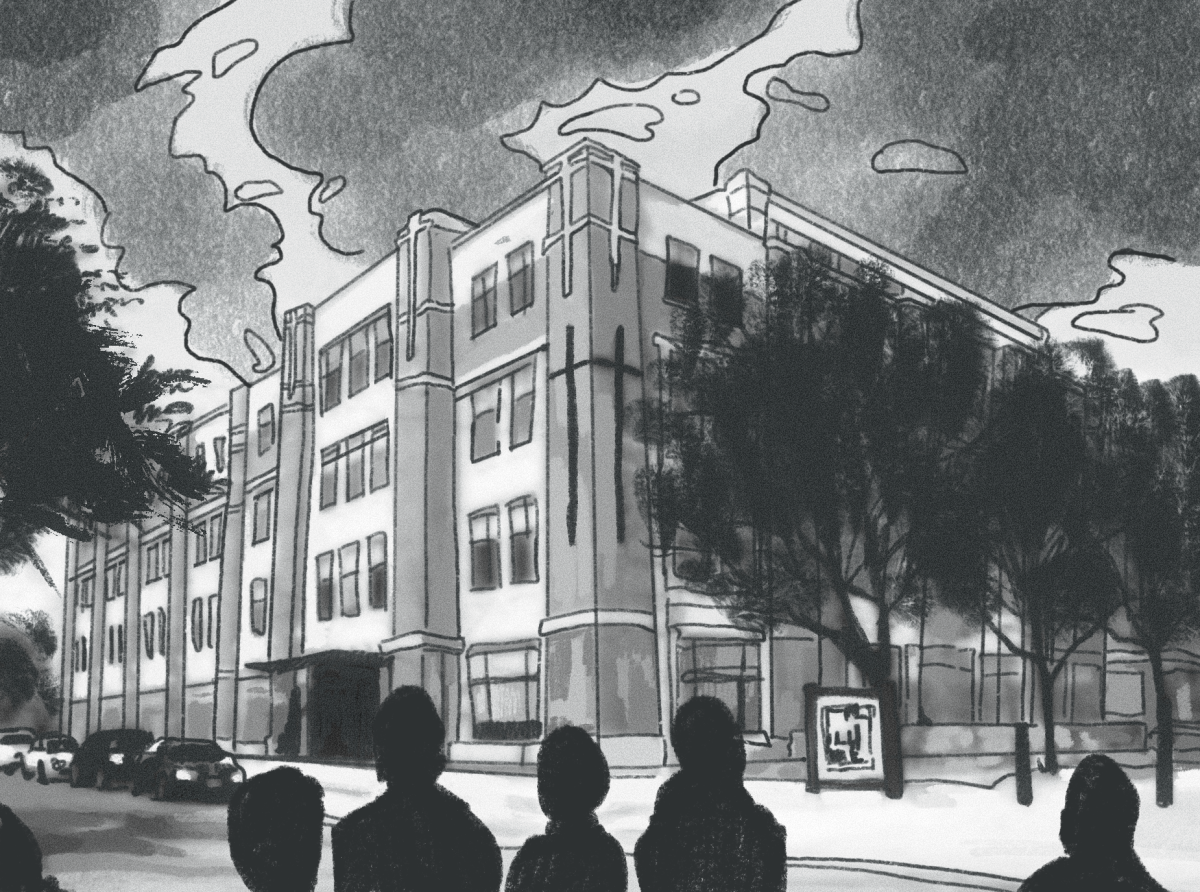
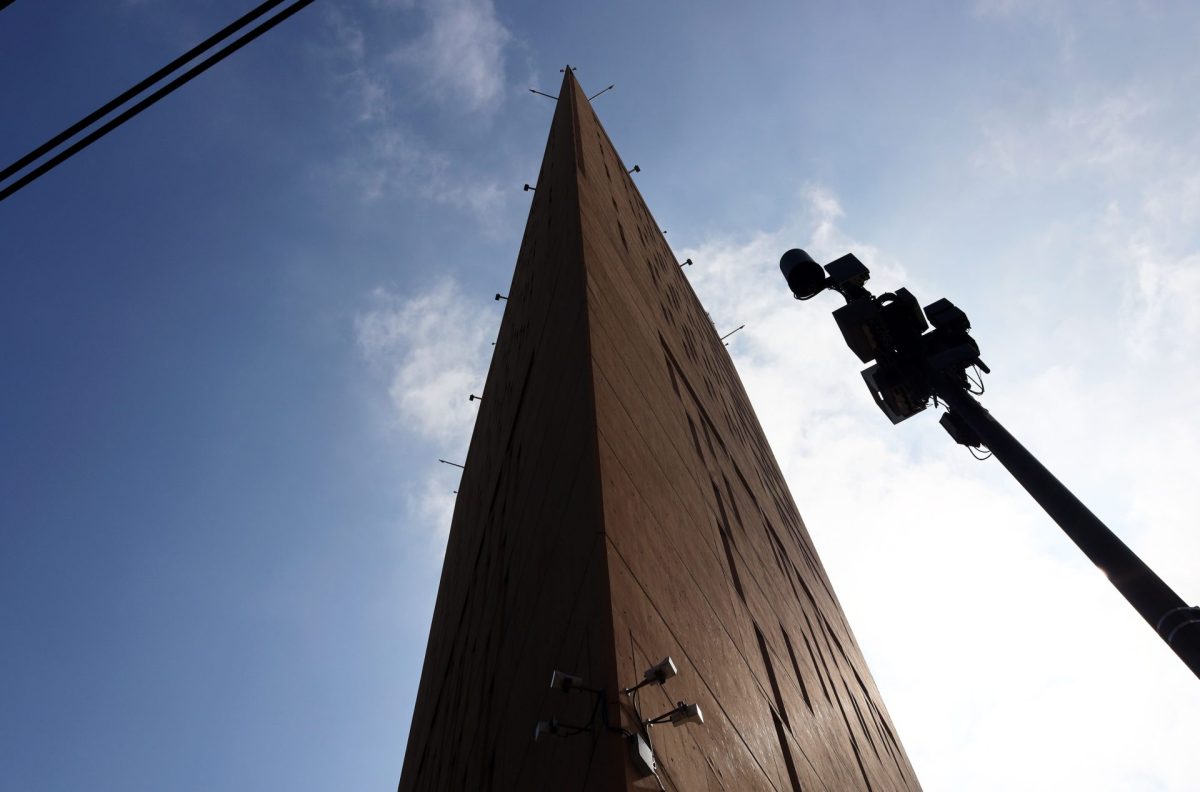
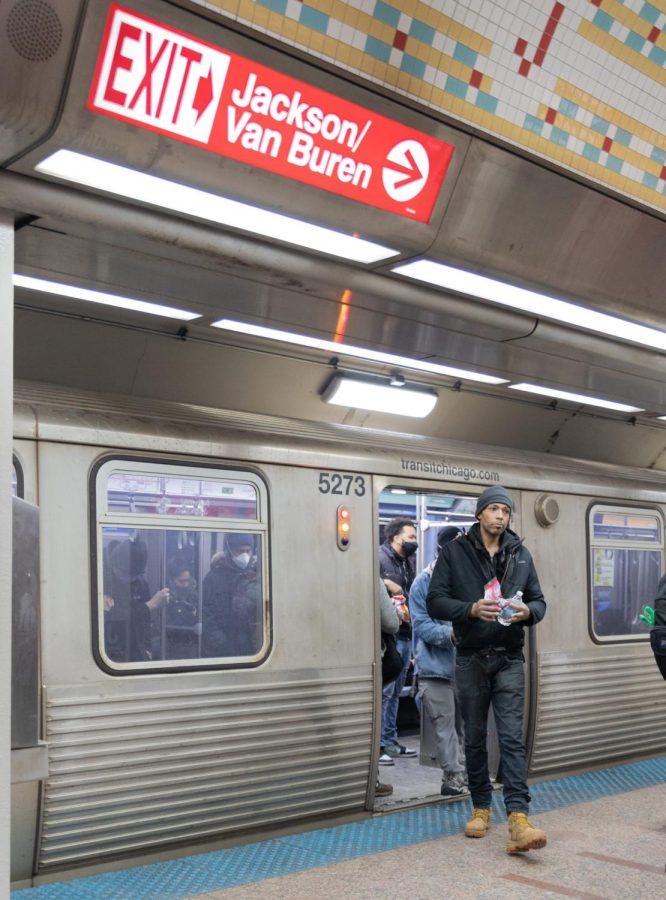
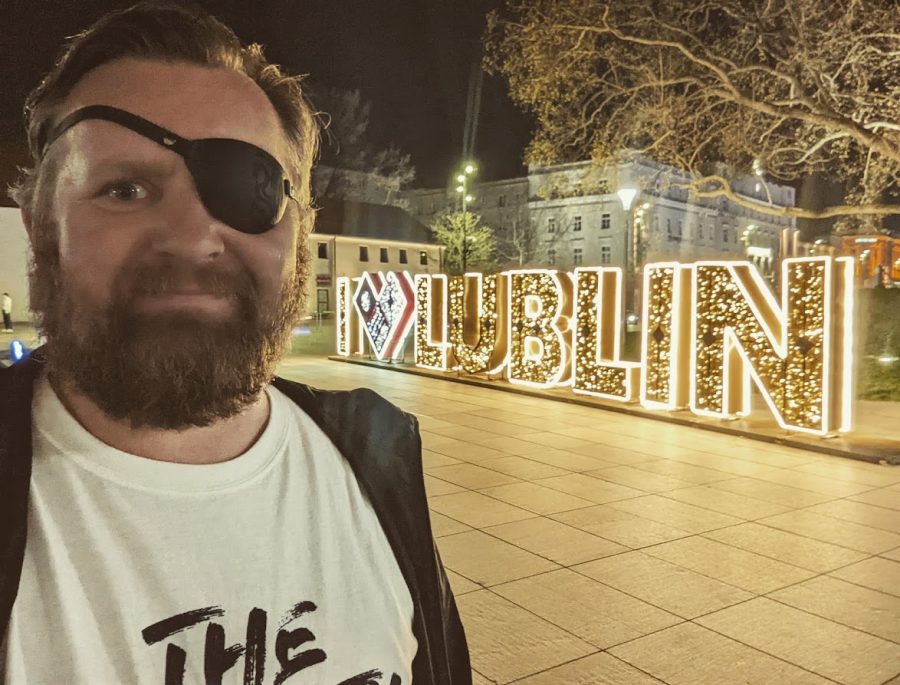
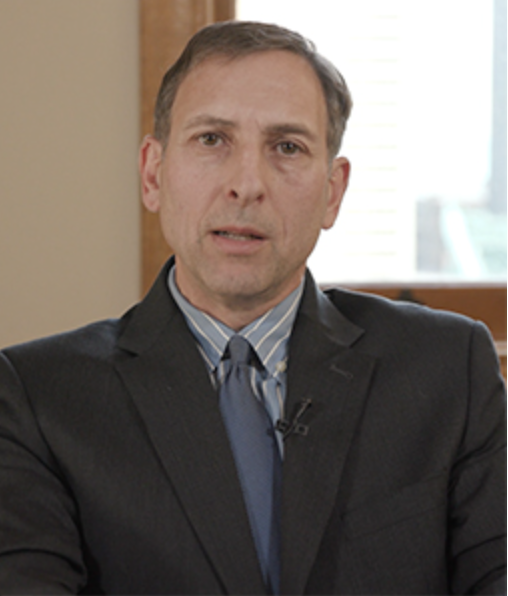
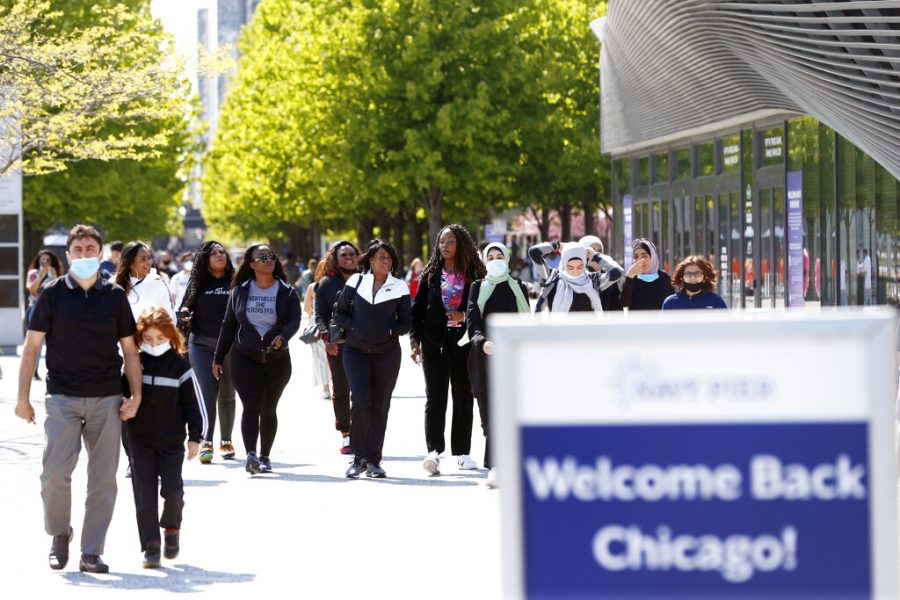
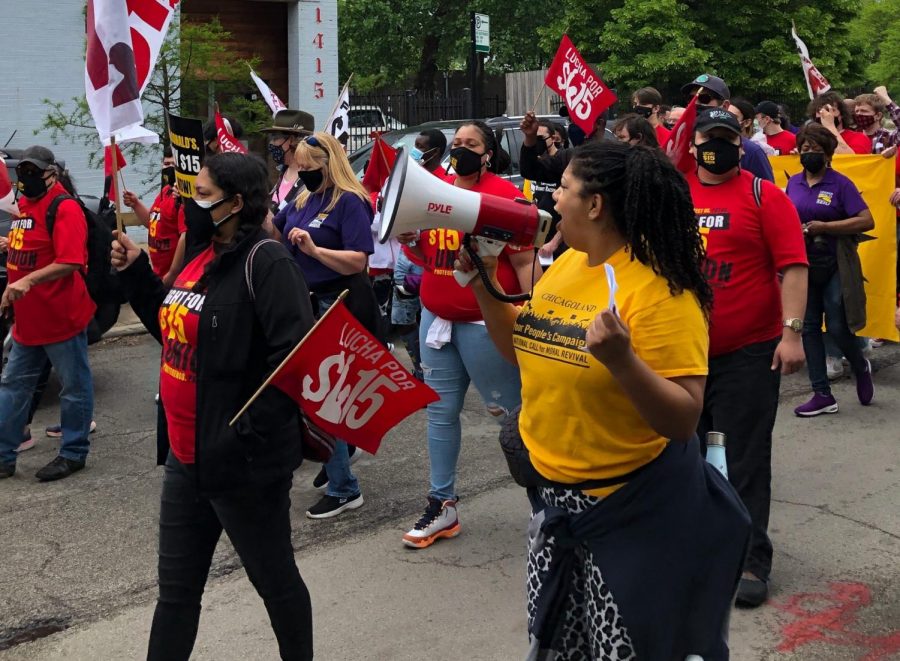

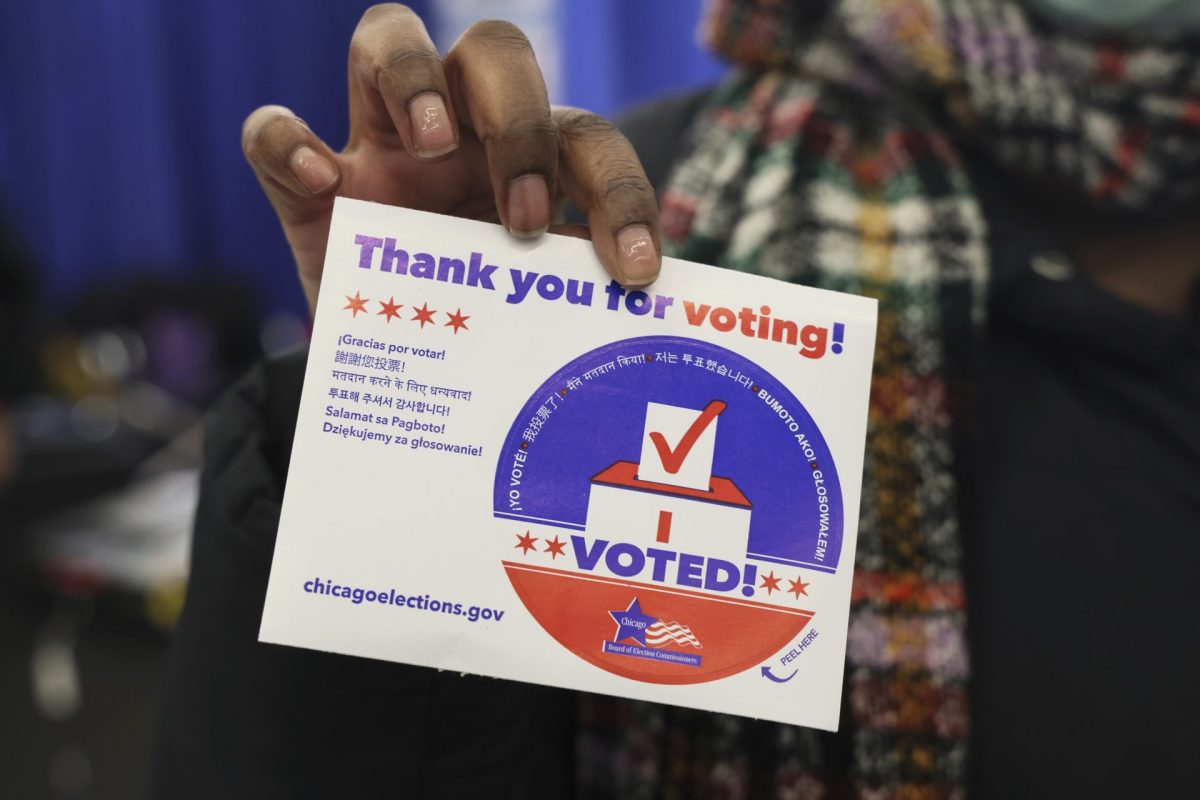
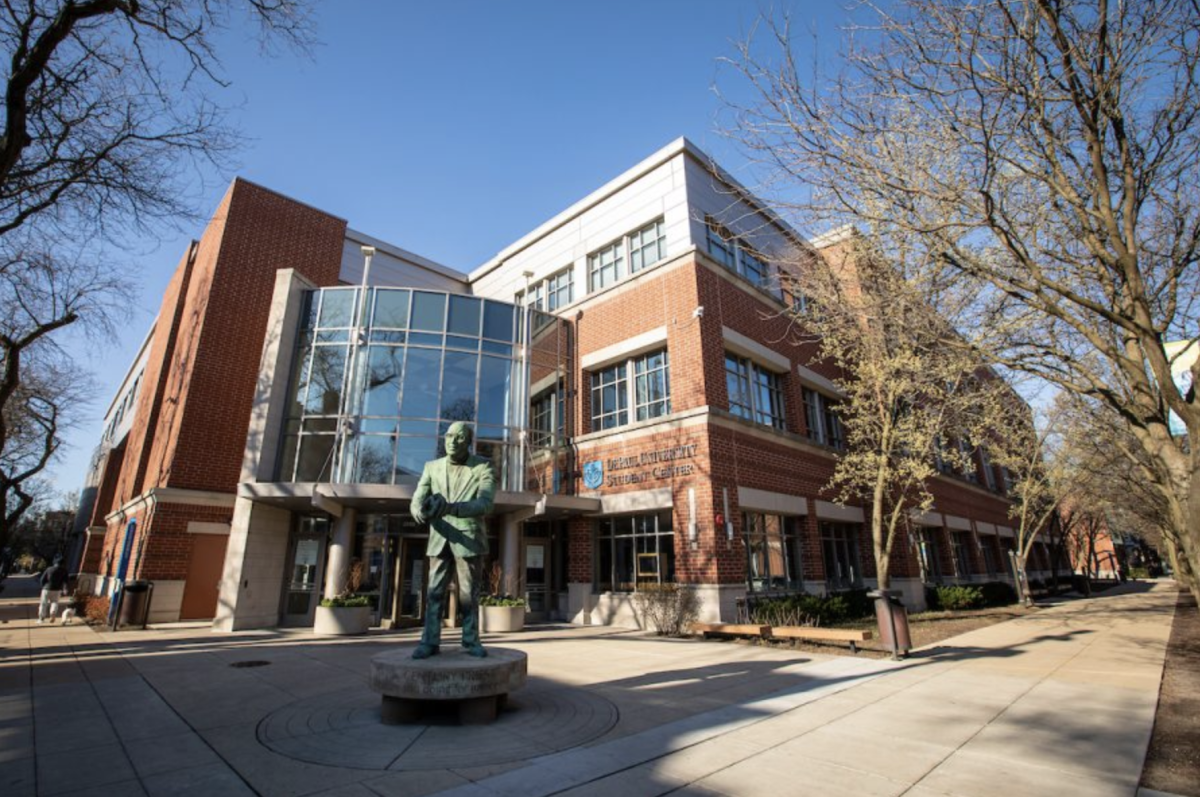


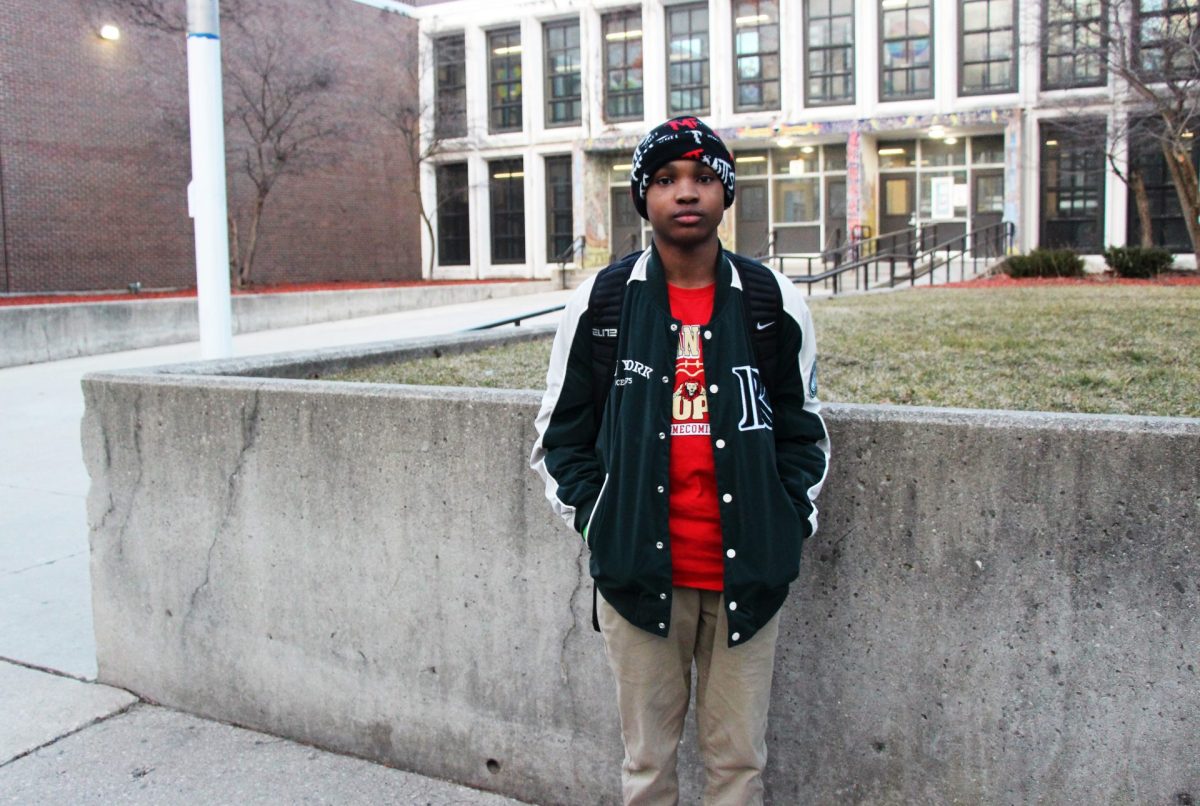
Dee Geraghty • Jun 7, 2019 at 8:20 am
Life imprisonment with no parole is a death sentence in itself. Justice for the victms and their families is paramount. There should be no hope of parole Just serve their time.